All mascots met together in Ankara....
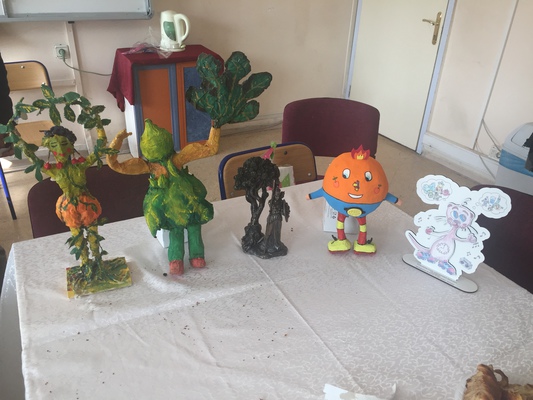
TURKISH SCHOOL
About our mascot:
Turkish students wanted to design a healthy human.First they made a human from waste materials.
Then they painted and decoreted it with fruits to show the importance of nutrition.and called it ‘
Human In Nature’.Our mascot is symbol of human,health and nature.These are one of most
important things for our future.
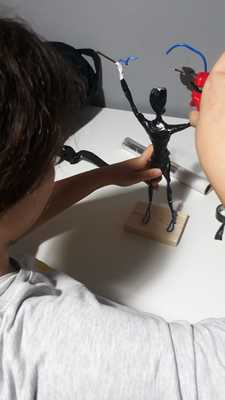
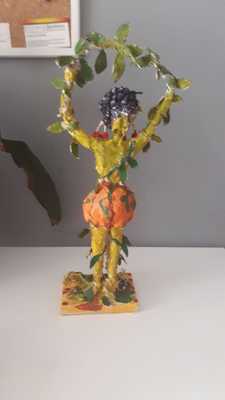
THE CYPRIOT MASCOT
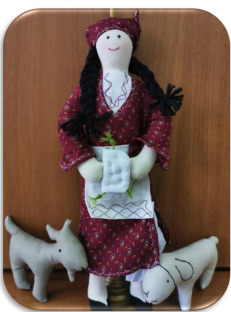
Maroullou the halloumi producer
Halloumi, the famous traditional cheese of Cyprus, was produced for many centuries in the rural areas of Cyprus. Halloumi is produced mainly from sheep and/or goat milk or a mixture of both sheep and goat milk.
In the past, each family in the villages used to have its own animals and produce its own halloumi cheese. Since our Erasmus project “European food Adventures” deals with healthy nutrition and local food products, we decided that our mascot should be connected with our famous local cheese, halloumi.
In the mascot contest conducted among our school students, two designs won the contest, depicting the local woman halloumi producer and her accompanying animals. So we proceeded in transforming these two children designs in stuffed characters.
Our main mascot character, the halloumi woman producer is named “Maroullou”, one of the most commonly used women names in Cyprus. As already said above, she is accompanied by her most useful farm animals, the goat and the sheep that give the necessary milk for the production of halloumi cheese.
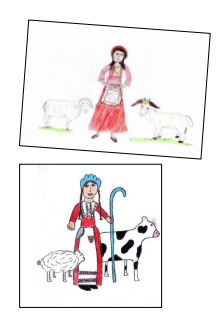
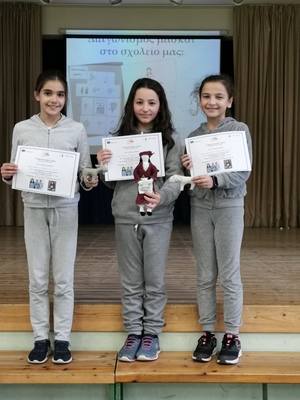
The two winner designs and the girs that created them.
mascot_name_explanation.pdf
THE PORTUGUESE MASCOT
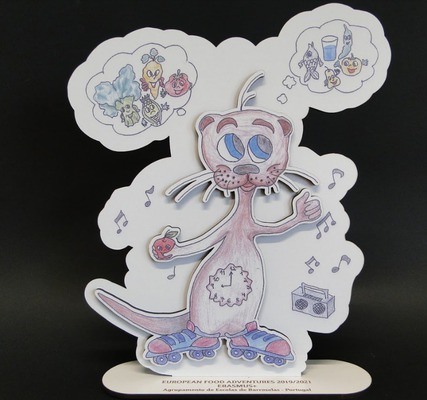
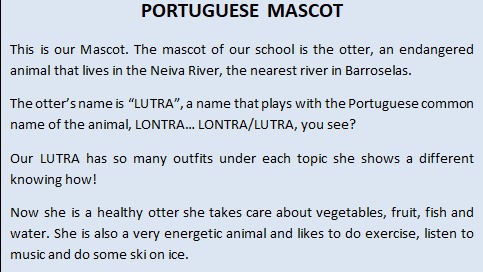
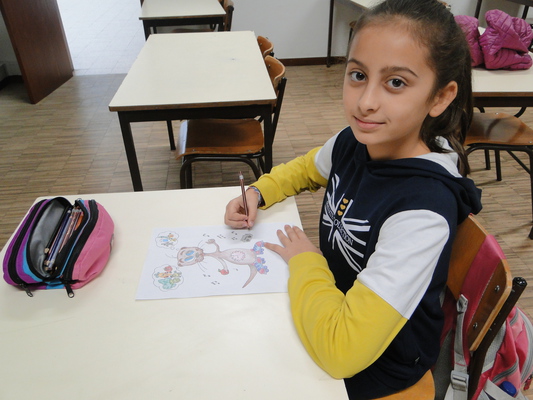
The author of our Mascot. Congratulations!
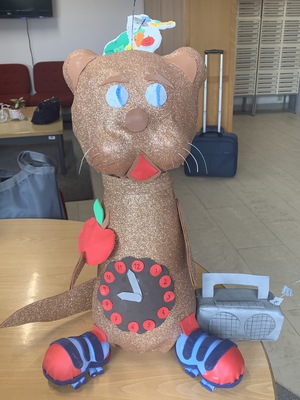
THE CROATIAN MASCOT

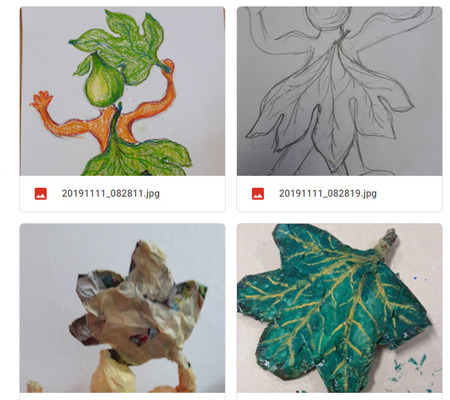
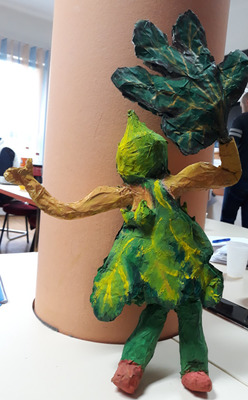
The Greek mascot
"The Goddess Athina"
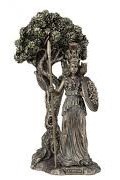
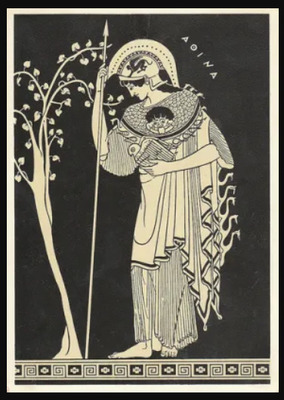
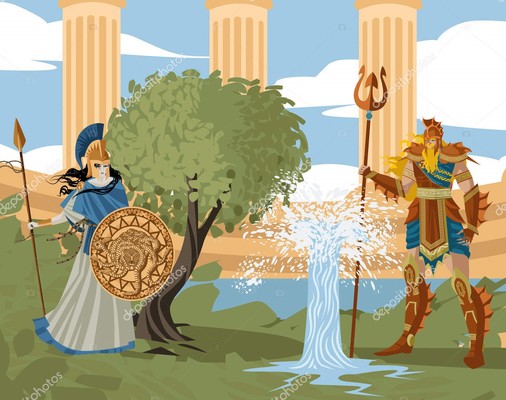
It was said that Athens was once ruled by a King called Cecrops. This ruler, who may have been half-man and half-snake, helped make Athens so beautiful that it caught the attention of the Gods themselves. Each one saw the city and its lands and wanted to become its patron, and it was the source of much discussion and argument on Olympus. The two strongest contenders were Poseidon and Athena, and so Zeus decided that they should compete against one another by offering gifts to the city. Whichever one that Cecrops and the people of the city saw the most value in, would determine the winner.
Athena and Poseidon descended from Olympus and led a crowd from the city up to the top of the Acropolis. It was here that they intended to offer their gifts. Poseidon was the first to present his gift. Raising his mighty trident high into the air, he brought it down hard on the ground, which cracked beneath it! Immediately, a spring of water emerged from the ground, which made the excited crowd cheer loudly. A good water source was very important for the ancient Greeks, and so they were eager to try it. However, the citizens of the city were not so impressed after they tried tasting the water. It was very salty, because Poseidon was the God of the Sea, and was not good to drink. Then, it was Athena's turn. She quietly knelt down and planted something into the ground. Immediately, an olive tree sprang up in its place, which made the crowd cheer loudly. They recognized that the olive tree could provide olives for food and olive oil, that the leaves might provide shade, and that less productive trees could provide wood to either burn or turn into tools. Athena had certainly proved that she was the Goddess of Wisdom, and the joyful citizens immediately named the city after her - Athena!